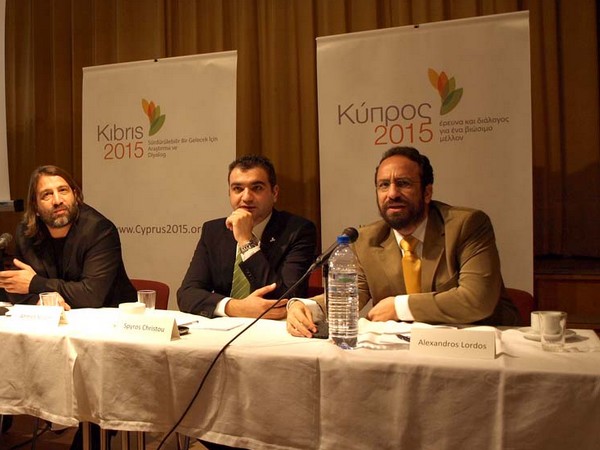Case study: Innovative tools for peace from Cyprus

The second case study in the Peacebuilding in Practice series is released today. Entitled “An Innovation to Engage People in Peace Processes: Reflections from Cyprus”, this case study explores the practice of participatory polling developed by Interpeace’s Cypriot partner, the Center for Sustainable Peace and Democratic Development (SeeD).
It demonstrates the potential impact and added-value of participatory polling and its universal applicability in divided societies and peacebuilding contexts.
Participatory polling as a tool for peace
Concretely, participatory polling is a research tool through which the general public is consulted on policy issues. The poll results are then shared with policy-makers as a basis for public dialogue.
Participatory polling can fulfill three major objectives. Firstly, it can bridge the gap between policy-makers and society at large, by bringing public opinion to the forefront of the policy agenda. Secondly, it can enhance the awareness and acceptance between different groups in a given conflict, mainly by dismantling the stereotypes that surround the beliefs and opinions of each group. Lastly, it can contribute to the development of consensus proposals by comparing levels of acceptance for various policy issues.
Testing the tool in Cyprus
In Cyprus, SeeD carried out participatory polling and used the poll findings to develop a road map for the participation of the wider public in the peace process. Since developing this tool, encouraging results have come out of Cyprus: key public concerns that were previously overlooked are being addressed, all groups of society (leadership, civil society and the general public) are being engaged in the peacebuilding process, greater political trust and social participation have been observed, and conflicting issues have been broached through a compromising lens.
Lessons learned from participatory polling
“Sustainable peace does not only require political agreement but also grassroots support. Inclusive and participatory peace processes enhance the chances of sustainable solutions that allow conflict to be channeled through democratic and legal institutions” concludes the study.
The full case study with detailed descriptions and statistics can be found here. Peacebuilding in Practice is a series of case studies produced by Interpeace, with the purpose of capturing results and sharing innovations from its peacebuilding programmes worldwide.
